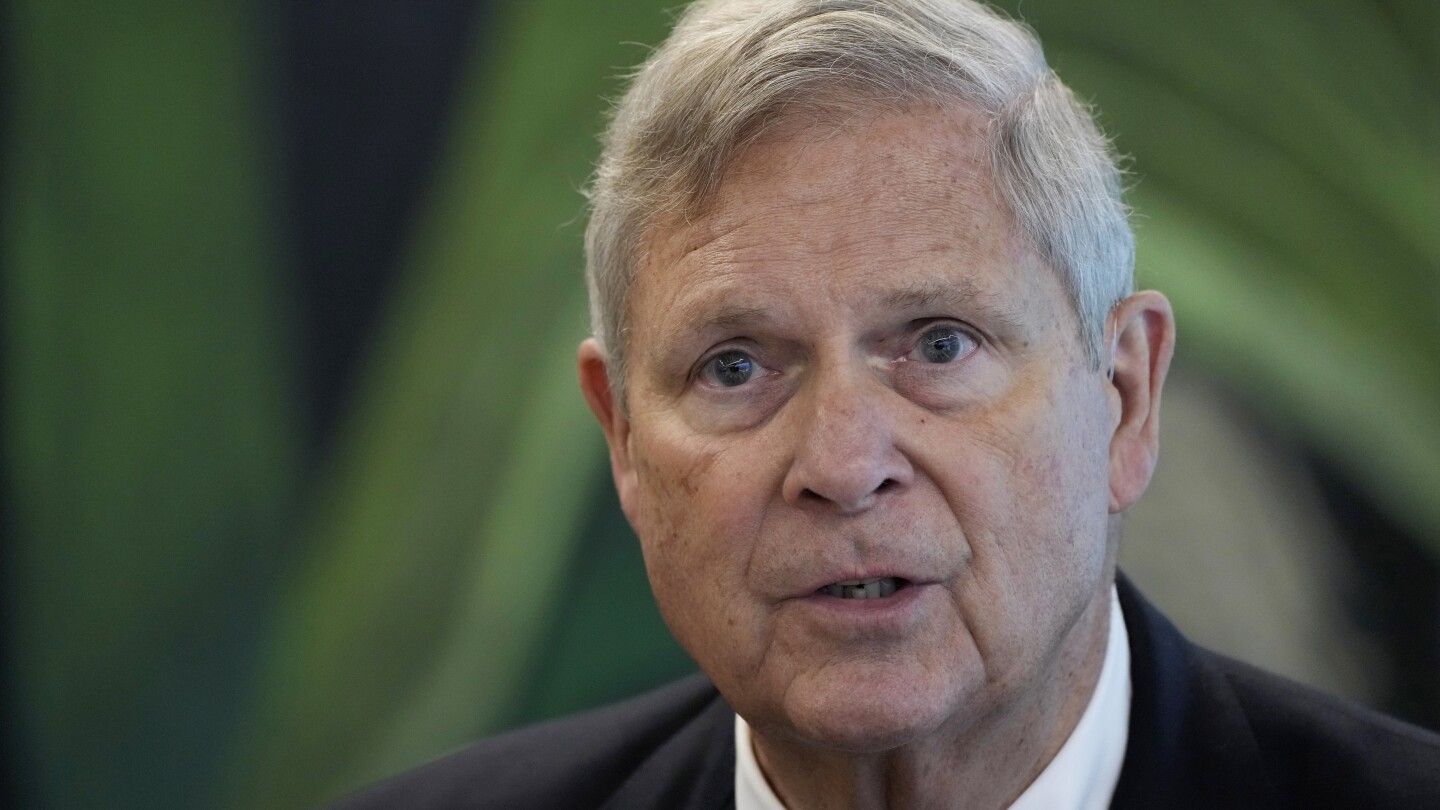Hundreds of communities around the country will share more than $1 billion in federal money to help them plant and maintain trees under a federal program that is intended to reduce extreme heat, benefit health and improve access to nature.
U.S. Department of Agriculture Secretary Tom Vilsack will announce the $1.13 billion in funding for 385 projects at an event Thursday morning in Cedar Rapids, Iowa. The tree plantings efforts will be focused on marginalized areas in all 50 states as well as Washington, D.C., Puerto Rico, the Virgin Islands and some tribal nations.
“We believe we can create more resilient communities in terms of the impacts of climate,” Vilsack told reporters in previewing his announcement. “We think we can mitigate extreme heat incidents and events in many of the cities.”



I mean, good I guess, but planting a few trees where millions used to grow seems counterintuitive.
Oh, so we do nothing? Yeah, let’s just wait it out until someone magically invents some perfect solution that we can implement all at once.
Or… we chip away at the issue until it gets solved. Lots and lots of small fixes that add up… just like how lots and lots of small problems caused the issue in the first place.
It’s passed time to chip away at it. That was 30 years ago. The solution is to stop buying, but even you hopeful fools won’t give up your things and conveniences.
Plant your trees.
“The best time to plant a tree was twenty years ago. The second best is now.”
What’s the alternative? There isn’t space for everyone to live in a cottage in the woods. Cities are great for density of people leaving more land to be forests. And I’d love it if cities encouraged and protected natural biome parks, especially cities that were once forested. But also this is the first step that can lead to urban forests